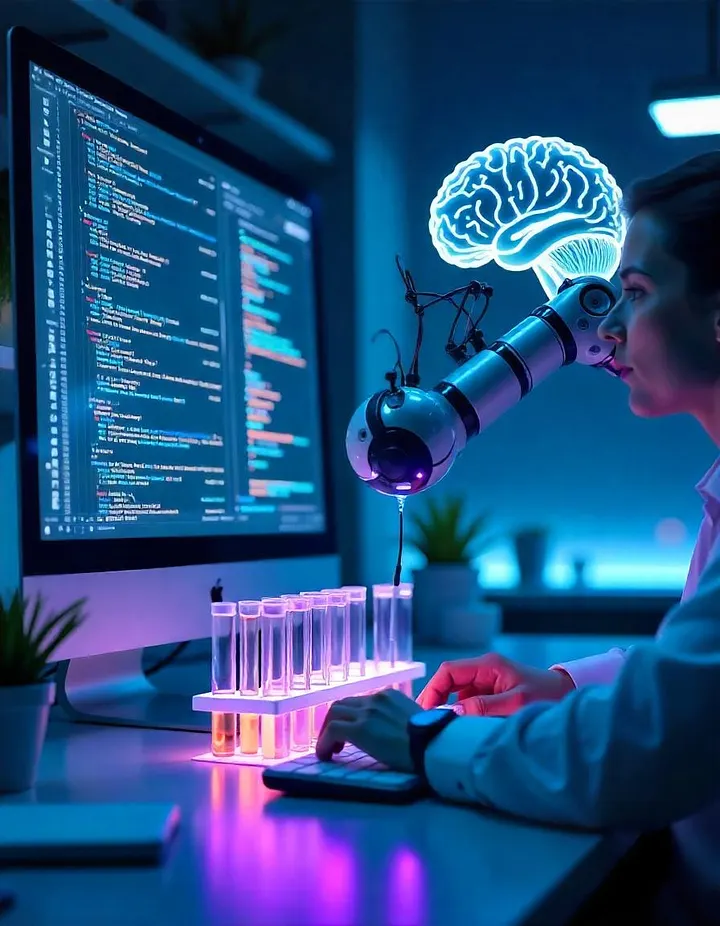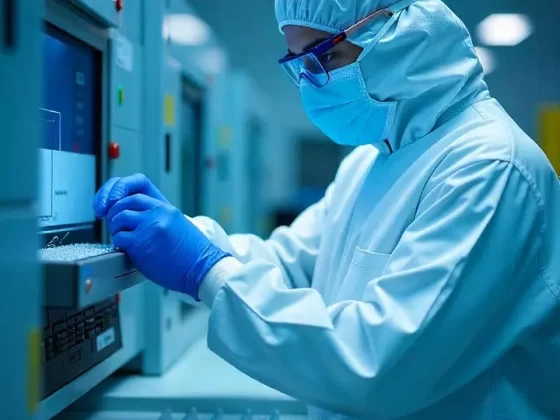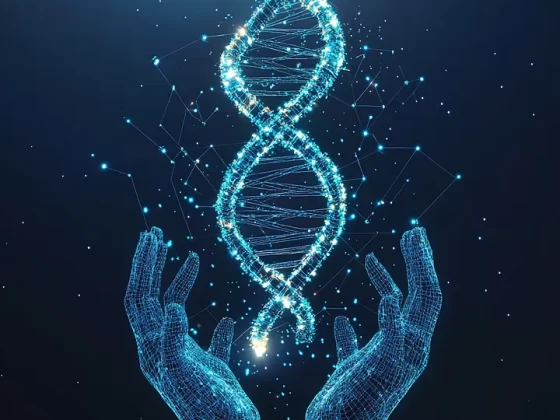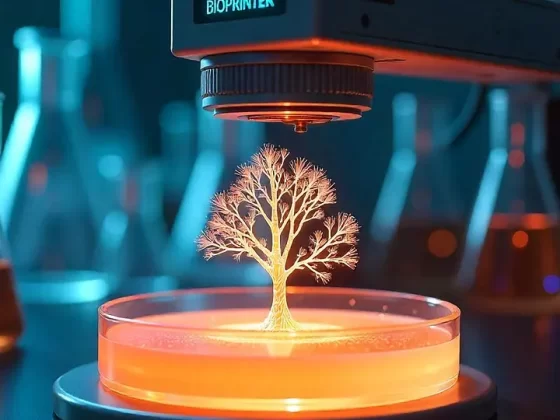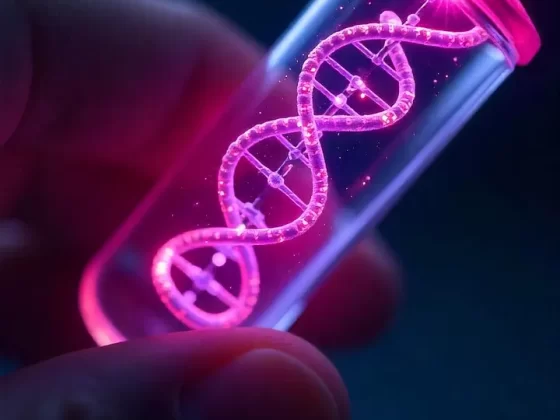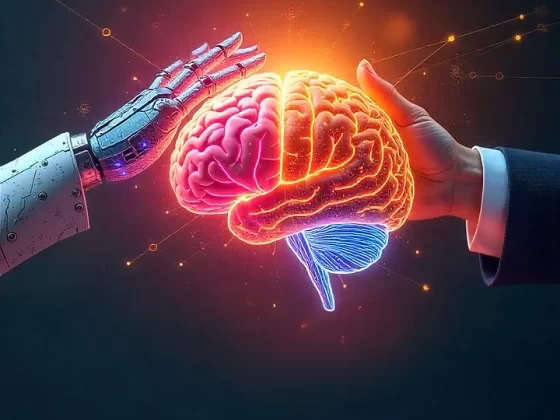The Human Side of AI in Drug Discovery
Artificial intelligence is transforming pharmaceutical research, accelerating the journey from molecule to medicine in previously unimaginable ways. Traditional drug development has long been a daunting process, costing $2.8 billion over a decade and having 90% failure rates, but this landscape is being dramatically reimagined through the powerful synergy of human expertise and computational innovation.
In laboratories worldwide, scientists wielding tools like DeepMind’s AlphaFold are revolutionising how we understand and interact with biological systems. These researchers can now predict complex protein structures and design promising molecules in months instead of years, effectively compressing timelines that once stretched across decades. This acceleration isn’t merely about speed; it represents a fundamental shift in how we approach the creation of life-saving treatments, allowing scientists to explore chemical possibilities that would have remained undiscovered in the traditional paradigm.
The technological arsenal driving this transformation continues to expand. Generative AI technologies—sophisticated systems that can create entirely new molecular structures—are producing custom-designed therapeutic candidates with unprecedented precision. These aren’t random creations but carefully crafted compounds tailored to specific disease targets. The impact is already substantial: Over 150 AI-generated drug candidates are progressing through discovery phases, with 15 advancing to clinical trials—tangible evidence that this approach is yielding viable treatments that may soon benefit patients.
This revolution extends far beyond the laboratory bench. The entire clinical development process — traditionally fragmented and inefficient — is being reimagined through an integrated AI approach. Patient recruitment, often a significant bottleneck in clinical trials, has been transformed from a months-long process to one completed in minutes through intelligent matching algorithms. Companies like Sanofi have pioneered collaborative research models where AI systems analyse vast, complex datasets while human experts provide the essential biological context and clinical judgment that machines cannot replicate. This partnership approach recognises that neither humans nor AI alone can solve the immense challenges of drug discovery.
Despite these remarkable technological advances, human expertise remains the irreplaceable cornerstone of pharmaceutical innovation. While AI excels at pattern recognition across billions of data points, human researchers provide the strategic vision, ethical framework, and real-world clinical understanding that gives this technology purpose. As one pharmaceutical executive explains, “The most powerful breakthroughs happen when we combine computational methods with experimental validation — AI helps us navigate the vast chemical space, but human scientists determine which paths are worth pursuing and how discoveries translate to patient care.”
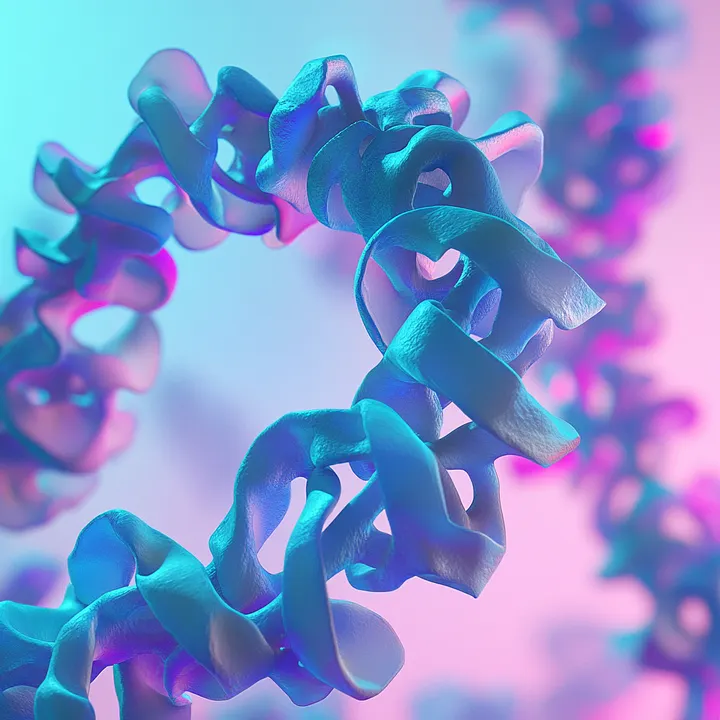
The horizon of possibilities continues to expand as new technologies emerge. Quantum computing promises to unlock even deeper understanding of molecular interactions, potentially solving complex biological puzzles that remain beyond our reach. Digital patient models — virtual representations of human physiology — will enable safer, more precise testing before compounds ever reach human trials. By 2025, industry analysts expect AI to contribute to discovering 30% of all new drugs, fundamentally altering the productivity equation in pharmaceutical research and driving the global AI clinical trials market beyond $10 billion by 2030.
For patients, especially those with rare or treatment-resistant conditions who have waited decades for effective therapies, this acceleration offers tangible hope. The promise of AI in drug discovery isn’t measured in computational power but in human impact — treatments reaching patients sooner, therapies tailored to individual genetic profiles, and solutions for conditions once considered untreatable. This human-centred focus ensures that technological advancement serves its ultimate purpose: improving lives.
The most successful drug discovery efforts now seamlessly integrate computational and experimental approaches, recognising that neither can succeed in isolation. As one researcher aptly observes: “AI doesn’t replace human creativity — it unleashes it by handling routine analysis and suggesting novel approaches that might never occur to us.” This partnership between human insight and artificial intelligence marks a pivotal shift in how life-saving treatments reach patients worldwide, combining the irreplaceable human elements of intuition and experience with the computational power to analyse billions of possibilities.
The future of medicine isn’t about choosing between human expertise and artificial intelligence but harnessing both in a powerful collaboration that promises to deliver better treatments to patients faster than ever before — a true revolution in how we discover, develop, and deploy the next generation of life-saving therapies.

